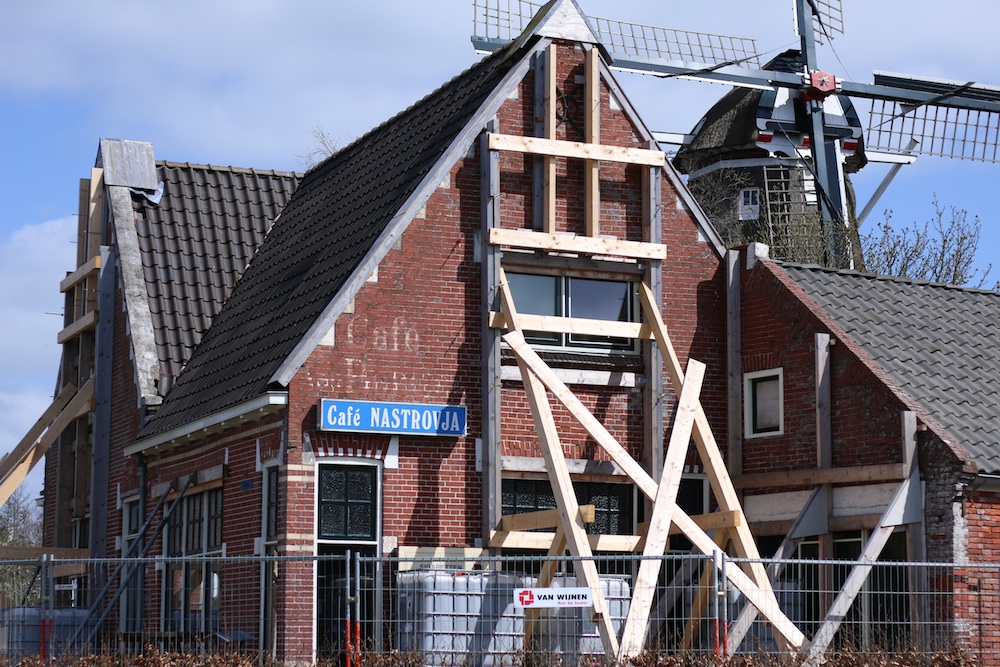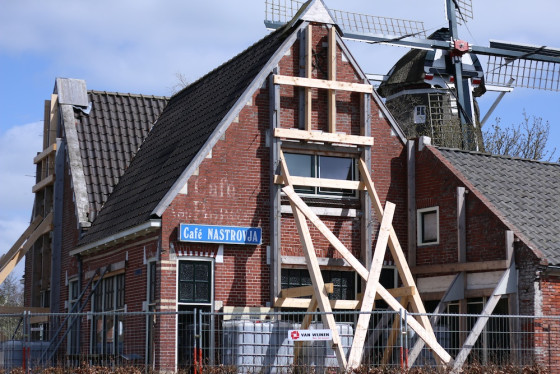Heaviest earthquake in more than a year hits Groningen province


Parts of Groningen province have been rocked by an earthquake measuring 2.7 on the Richter scale – the heaviest in more than a year.
The quake struck at around 5.20pm on Tuesday with its epicentre in Loppersum. The meteorological bureau KNMI received more than 300 reports in the first half-hour from the city of Groningen, 20km to the south-west, as well as Leermens, Middelstum and Zeerijp.
It is the strongest earthquake recorded in the province since May 22 last year, when one measuring 3.4 on the Richter scale hit Westerwijkwerd, 8 km to the west of Loppersum.
Tiny Bekke, whose house has been so badly damaged by previous earthquakes that it is due to be knocked down and replaced later this year, told Dagblad van het Noorden: ‘We heard two loud bangs and ran out of the door. We’re really shocked. You don’t know what else is going to follow, that’s why we came outside.’
The earthquakes in Groningen are triggered by subsidence as a result of decades of gas extraction beneath the soil. Two years ago the government agreed to phase out gas production by 2030 and has since brought the date forward to 2022.
Loppersum has been the worse affected municipality and was the epicentre in 28 out of last year’s 87 registered earthquakes.
The cabinet has also pledged to compensate thousands of homeowners for damage to property, but talks on how to distribute the money have repeatedly stalled. Last week the specialist agency IMG announced a mechanism to pay up to €1 billion to people living in 138 postcode areas where house prices have declined as a result of gas extraction.
Thank you for donating to DutchNews.nl.
We could not provide the Dutch News service, and keep it free of charge, without the generous support of our readers. Your donations allow us to report on issues you tell us matter, and provide you with a summary of the most important Dutch news each day.
Make a donation